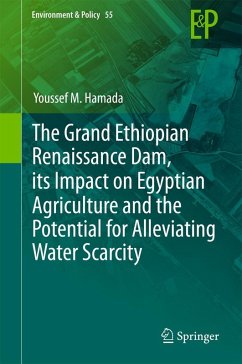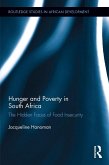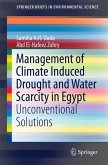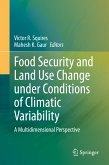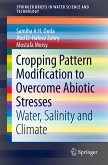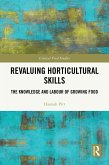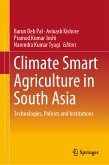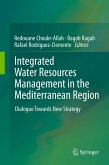Many international summits and conferences have declared that there is an urgent need to save agriculture from its demise. Most international agencies now recognize that something must be done, but what? Beyond policy changes, the restructuring of global governance and institutional reforms are called for. Commitments must be translated into concrete actions leading to a renewed interest in agriculture and a return to the basic objective of achieving food security.
Dieser Download kann aus rechtlichen Gründen nur mit Rechnungsadresse in A, B, BG, CY, CZ, D, DK, EW, E, FIN, F, GR, HR, H, IRL, I, LT, L, LR, M, NL, PL, P, R, S, SLO, SK ausgeliefert werden.

